ABOUT
OUR FOCUS
Development and application of innovative techniques for biomarker in human diseases.
We believe that utilizing molecular imaging tools we can uncover abnormalities in cell metabolism and assess treatment efficacy.
OUR APPROACH
Combining principles from bioengineering, chemistry, and physics, we tackle biological challenges through innovative solutions. Application of Magnetic Resonance (MR) molecular imaging methods to investigate biochemical pathways and in vitro, in vivo and in innovative in bioengineered chip systems.
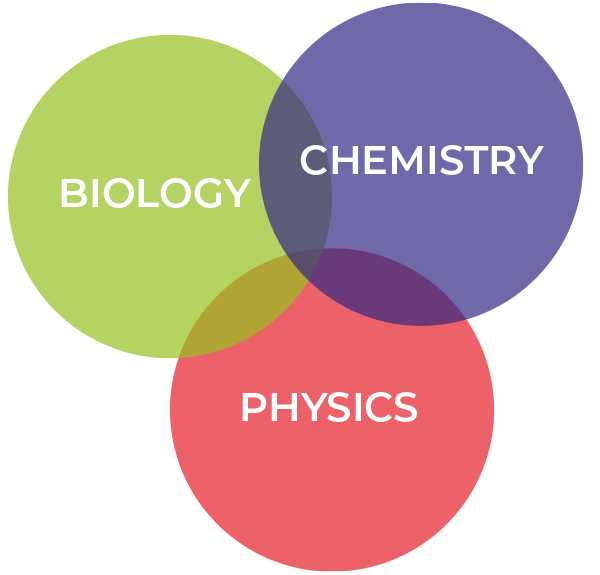
OUR METHODS
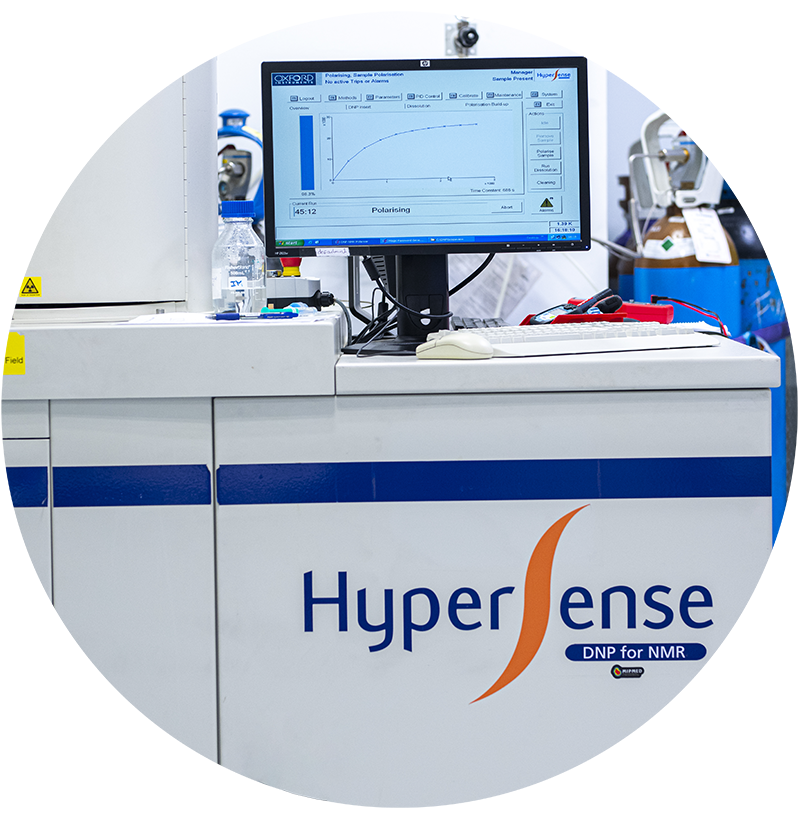
Hyperpolarised NMR (HP-NMR)
At the forefront of molecular imaging, our team specializes in hyperpolarized MR techniques, which amplify NMR signals over 10,000 times. This advancement allows real-time, non-invasive observation of molecular processes within a broad spectrum of biological systems, offering unprecedented insights into dynamic biological phenomena in real time. In our group we work with two HP methods: dissolution Dynamic nuclear polarization (dDDNP) and Parahydrogen Induced Polarization (PHIP).
Magnetic Resonance (MR) Imaging
Building upon the established clinical utility of MR imaging (MRI) for non-destructive tissue analysis, our work extends to MR spectroscopic imaging, which offers chemical specificity. This enables direct correlation between chemical compounds and biological events across various biological samples, including biofluids, cells, tissues, animal models, and clinical patients.
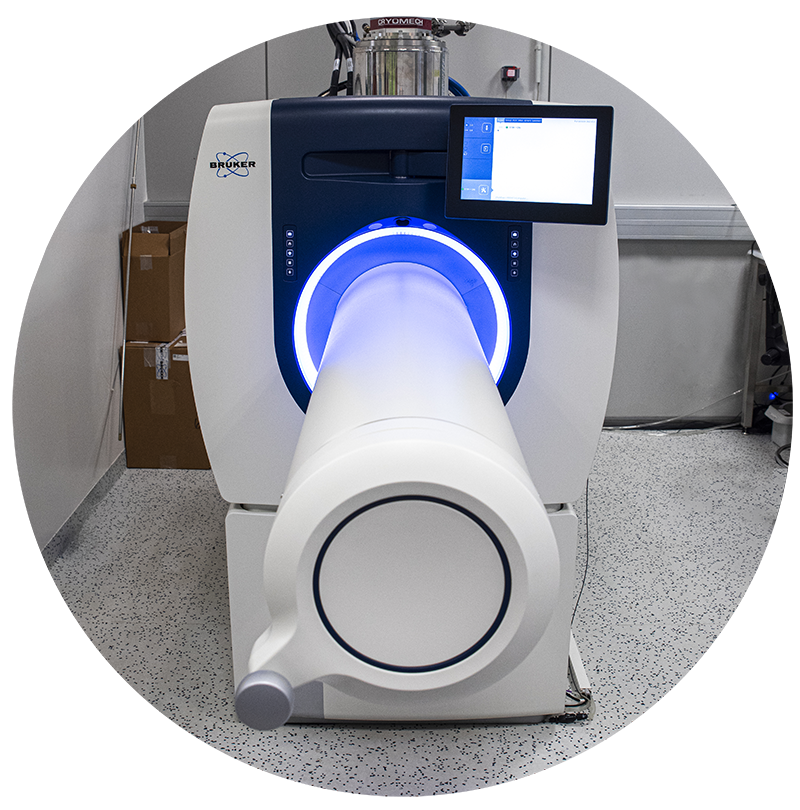
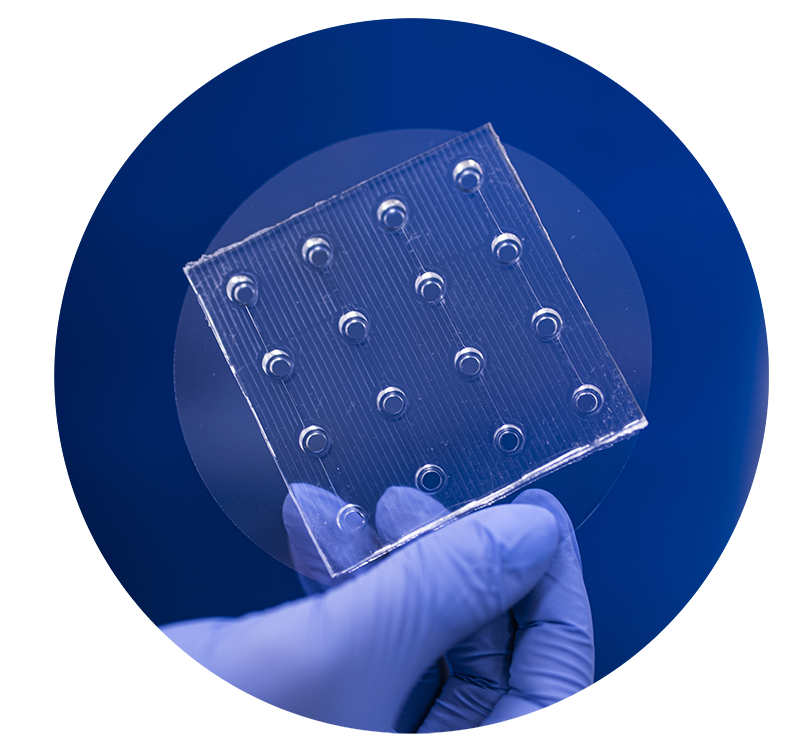
Microfluidic platforms
Microfluidic platforms, especially lab-on-a-chip devices, are revolutionizing the study of metabolism in disease by offering a compact and efficient means to analyze biological samples. These chips integrate intricate networks of microchannels and chambers, allowing for precise control and manipulation of small fluid volumes. A significant advantage of these platforms is their ability to accommodate multiple samples simultaneously for a single measurement, such as Magnetic Resonance Imaging (MRI). This unique design not only enhances throughput and reduces sample consumption but also enables high-resolution and multiplexed metabolic analysis. Consequently, microfluidic chips are becoming indispensable tools in biomedical research, providing valuable insights into disease mechanisms and facilitating the identification of metabolic biomarkers.
Metabolomics
Metabolomics is the comprehensive study of metabolites, the small molecules involved in metabolic processes within a biological system. Analysis of metabolites using NMR spectroscopy reveals insights into the biochemical activities occurring in cells, tissues, or organisms. This field is particularly useful for biomarker identification associated with particular diseases. Identifying these biomarkers can improve disease diagnosis, prognosis, and the development of personalized treatment strategies.
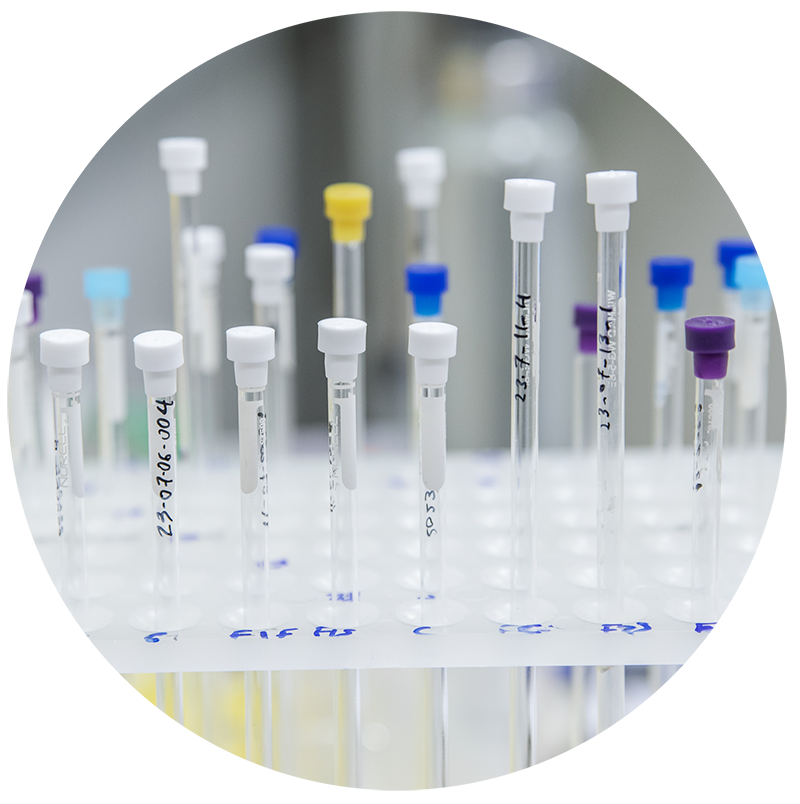
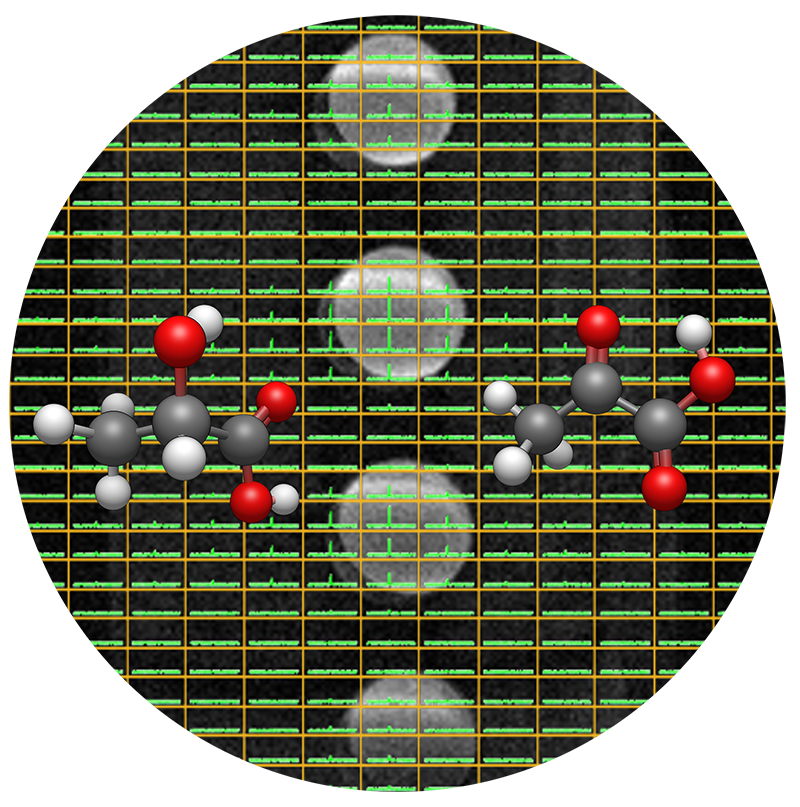
Computer Modelling of biological systems
By using the law of mass action, it is possible to model different cellular processes in a deterministic manner, and hence, describe these systems at a population level. These models can describe a wide range of processes, from gene expression and regulation to enzyme kinetics and particles movements thanks to membrane transporters.
STAFF
All group members:
PROJECTS
| INTERNATIONAL PROJETCS | FINANCER | PI |
|---|---|---|
| BLOC · Benchtop NMR for Lab-on-Chip (2020 – 2022) | European Commission, FET OPEN | Irene Marco |
| NATIONAL PROJECTS | FINANCER | PI |
|---|---|---|
| Analisis metabolico en tiempo real de modelos de cultivo de celulas 3d de la enfermedad del higado graso no alcoholico: organos en un chip y resonancia magnetica nuclear (2020 – 2021) | MINECO, Acciones Dinamización Europa Investigación/EIN2020-112209 | Irene Marco |
| Junior Leader Programe (2018 – 2022) | Obra Social La Caixa, Junior Leader Program | Irene Marco |
PUBLICATIONS
For a list of publications prior to joining IBEC, visit the Google Scholar.
NEWS
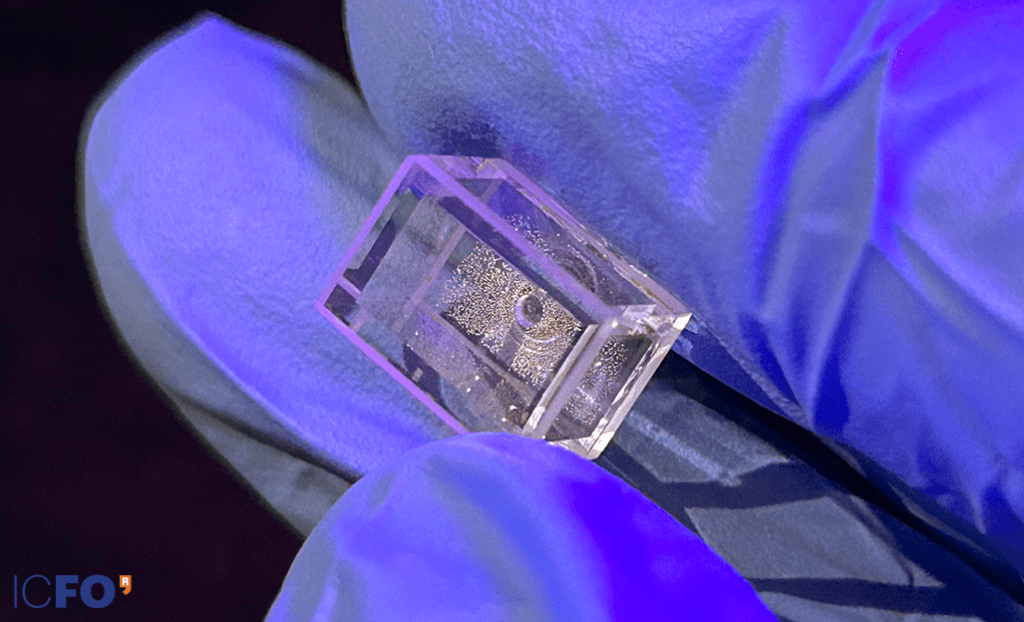
Atomic sensors unveil hidden dynamics of molecular polarization
Researchers from IBEC and ICFO demonstrate the ability of atomic sensors to non-destructively monitor, measure and optimize nuclear spin hyperpolarization of some clinically relevant molecules in real-time. These features, reported in PNAS, could enhance and reduce costs of quality controls used in clinical magnetic resonance imaging.
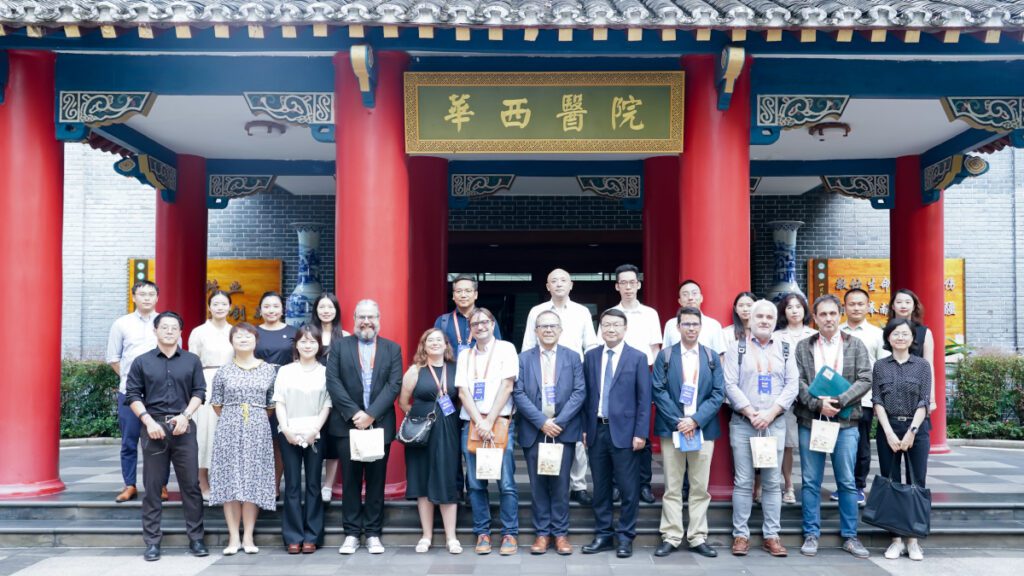
IBEC and West China Hospital strengthen collaboration in precision medicine
The second IBEC-WCH Precision Medicine Conference took place last week in Chengdu, China. This is a partnership between the Institute for Bioengineering of Catalonia (IBEC) and the West China Hospital (WCH) of Sichuan University, which aims to strengthen scientific collaboration between the two countries.

Researcher Irene Marco Rius awarded prestigious European ERC Starting Grant
IBEC Principal Investigator Irene Marco Rius has been selected for the European Research Council (ERC) Starting Grant call to carry out her project ‘LIFETIME’. The project focuses on the study of individual cancer metabolism, which is crucial for less invasive early diagnosis and personalised treatments.
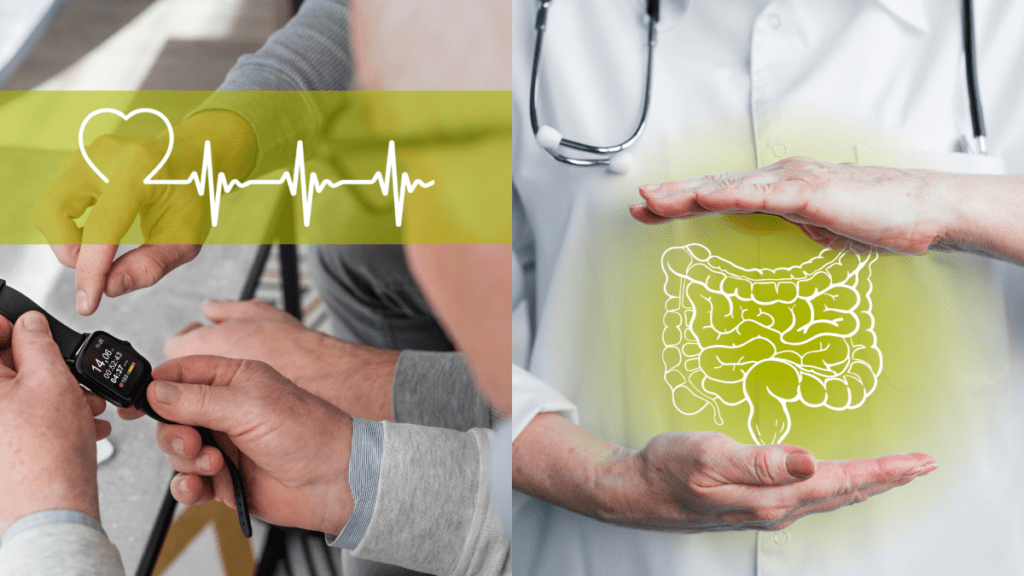
IBEC engages in two public-private partnerships for biomedical breakthroughs
IBEC and Vitala, a spin-off founded by IBEC researchers, are set to participate in three public-private partnership projects, with a combined investment nearing €4 million. These initiatives, backed by the Spanish Ministry of Science and Innovation and the State Research Agency, aim to advance remote health monitoring, create an oral drug for Inflammatory Bowel Disease, and enhance 13C magnetic resonance imaging for therapeutic research. Leveraging cutting-edge technological approaches, these endeavors aspire to make a positive impact on the fields of medicine and biomedical research.

Vitala, IBEC’s spin-off, selected for the WomenTechEU programme
Vitala, a spin-off co-founded by IBEC researchers Irene Marco Rius and María Alejandra Ortega, is one of the 134 European companies selected for the WomenTechEU program. It is an initiative … Read more

IBEC researcher James Eills to meet with Nobel laureates
Dr. James Eills, researcher at IBEC, has been selected to attend the prestigious Lindau Nobel Laureate Meeting that brings together outstanding young scientists from around the world with Nobel laureates. This year, the event will be dedicated to Physiology & Medicine and will be held from 25th-30th June in Lindau, Germany.
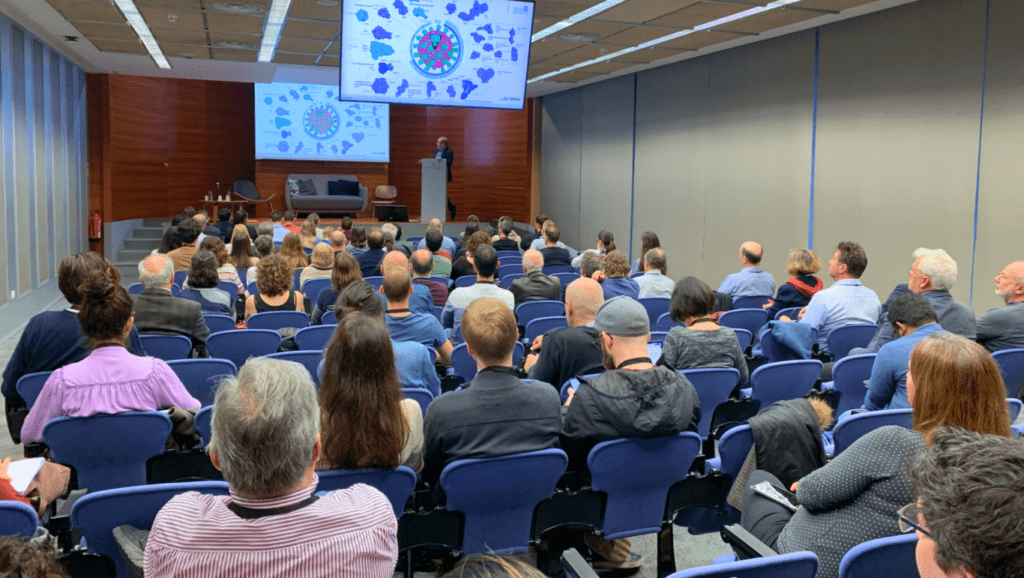
Experts in magnetic resonance meet in Barcelona for the BIR Symposium
The Barcelona Integrative Resonance Symposium, organised by the CCiTUB, the UB and IBEC, took place on 20 and 21 March. The event brought together about 100 people working with magnetic … Read more
Postdoctoral position / Senior Research Assistant at the Molecular Imaging for Precision Medicine Research Group
Main tasks and responsibilities / The successful candidate will develop research involving: Design and fabrication of lab-on-a-chip and microfluidic devices Development and implementation of a microfluidic platforms to study the … Read more

IBECer James Eills wins the Erwin Schrödinger Prize
BIST-FBA Fellow at IBEC, Dr. James Eills, is part of an international team that has received the Erwin Schrödinger Prize. Eills, current Postdoc at the Group of Irene Marco at IBEC, contributed in Germany to a technique that amplifies magnetic resonance signals.
JOBS
Postdoctoral researcher in NMR at the Research Group Molecular Imaging for Precision Medicine
Ref: PD_IM // Deadline: 10/10/2024
Postdoctoral position / Research Assistant at the Research Group Molecular Imaging for Precision Medicine
Ref: RA_IM // Deadline: 03/02/2023
Postdoctoral position at the Research Group Molecular Imaging for Precision Medicine (Ref: PD-IM)
Ref: PD_IM // Deadline: 28/12/2022
Postdoctoral position / Senior Research Assistant at the Molecular Imaging for Precision Medicine Research Group
Main tasks and responsibilities / The successful candidate will develop research involving: Design and fabrication of lab-on-a-chip and microfluidic devices Development and implementation of a microfluidic platforms to study the … Read more


 ibecbarcelona.eu
ibecbarcelona.eu